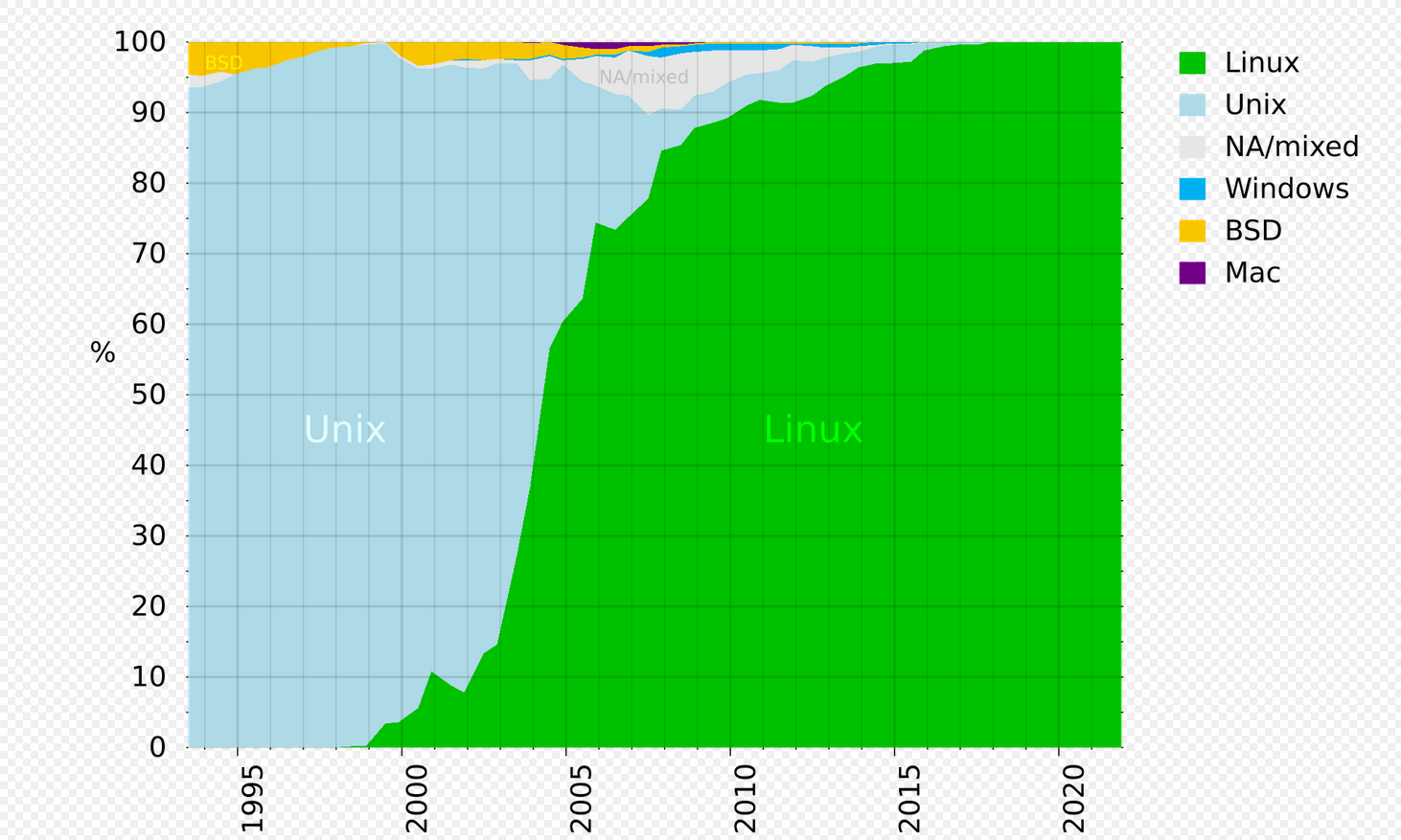this post was submitted on 15 Nov 2024
814 points (99.2% liked)
Linux
49777 readers
1144 users here now
From Wikipedia, the free encyclopedia
Linux is a family of open source Unix-like operating systems based on the Linux kernel, an operating system kernel first released on September 17, 1991 by Linus Torvalds. Linux is typically packaged in a Linux distribution (or distro for short).
Distributions include the Linux kernel and supporting system software and libraries, many of which are provided by the GNU Project. Many Linux distributions use the word "Linux" in their name, but the Free Software Foundation uses the name GNU/Linux to emphasize the importance of GNU software, causing some controversy.
Rules
- Posts must be relevant to operating systems running the Linux kernel. GNU/Linux or otherwise.
- No misinformation
- No NSFW content
- No hate speech, bigotry, etc
Related Communities
Community icon by Alpár-Etele Méder, licensed under CC BY 3.0
founded 5 years ago
MODERATORS
you are viewing a single comment's thread
view the rest of the comments
view the rest of the comments

But OS X, macOS, and at least one Linux distro are/were UNIX certified.
Yup. It is all about paying the price, Microsoft could technically get Windows certified as UNIX. IBM did just that with its mainframe OS. Here's a list of certified UNIX systems: https://www.opengroup.org/openbrand/register/
I don't think they could now that the POSIX subsystem and Windows Services for UNIX are both gone. Don't you need at least some level of POSIX compliance (at least the parts where POSIX and Unix standards overlap) to get Unix certified?
It means nothing, it's just a paycheck you sign and then you get to say "I certify my OS is Unix". The little bit more technical part is POSIX compliance but modern OSs are such massive and complex beasts today that those compliances are tiny parts and very slowly but very surely becoming irrelevant over time.
Apple made OSX Unix certified because it was cheap and it got them off the hook from a lawsuit. That's it.